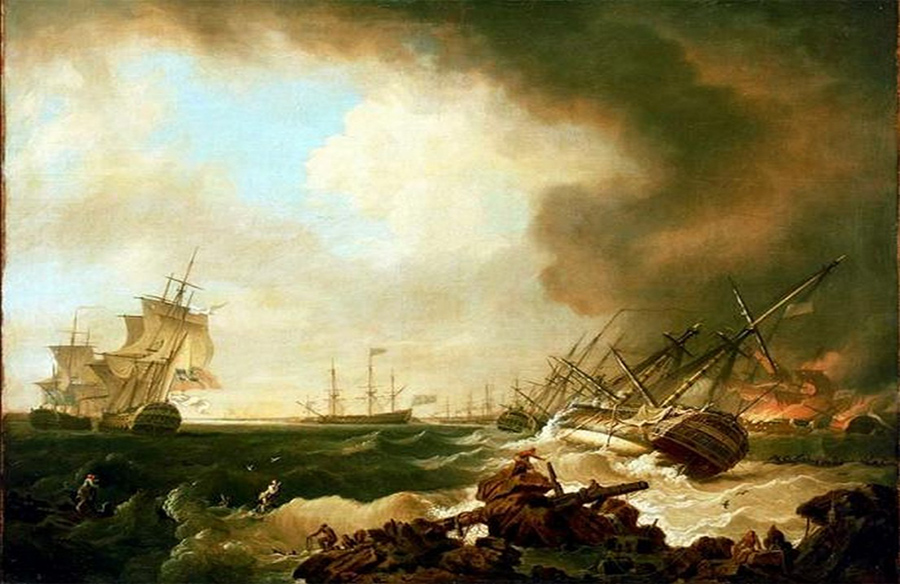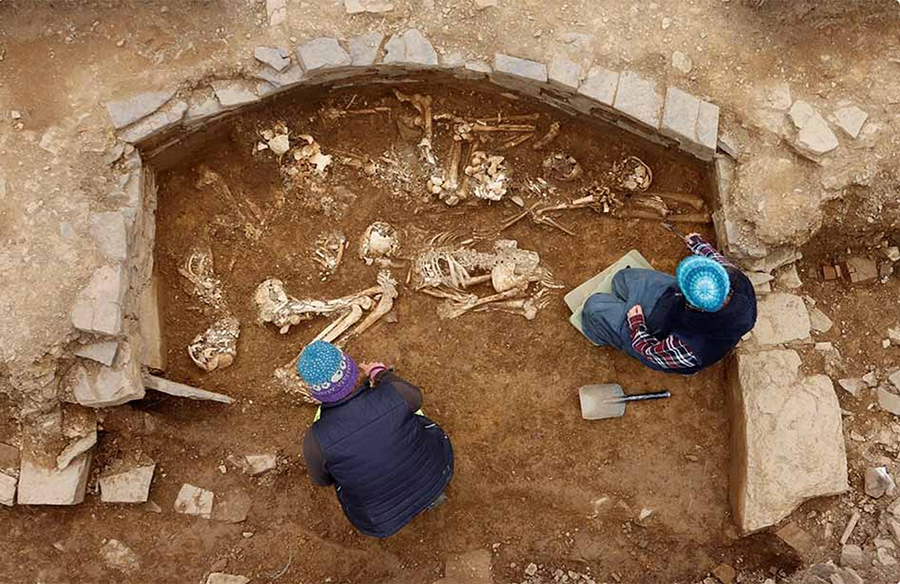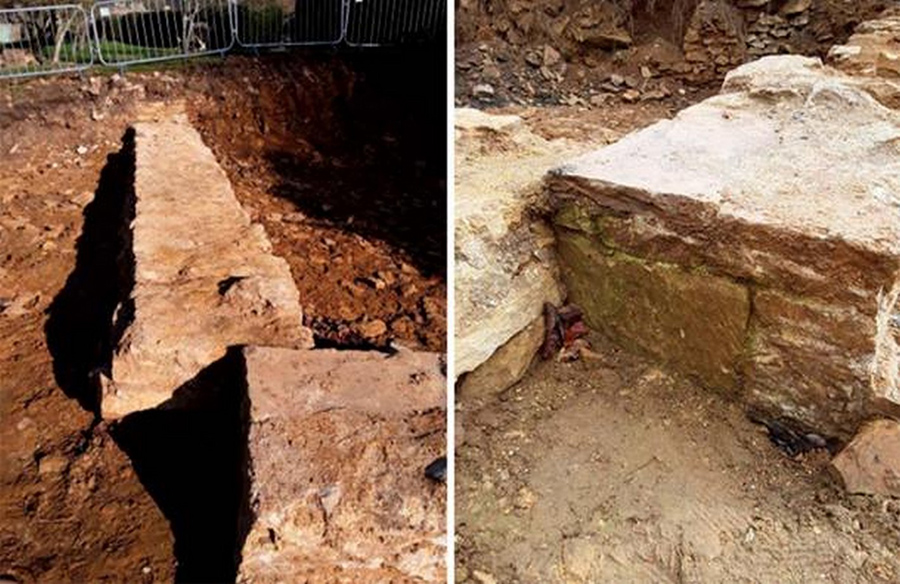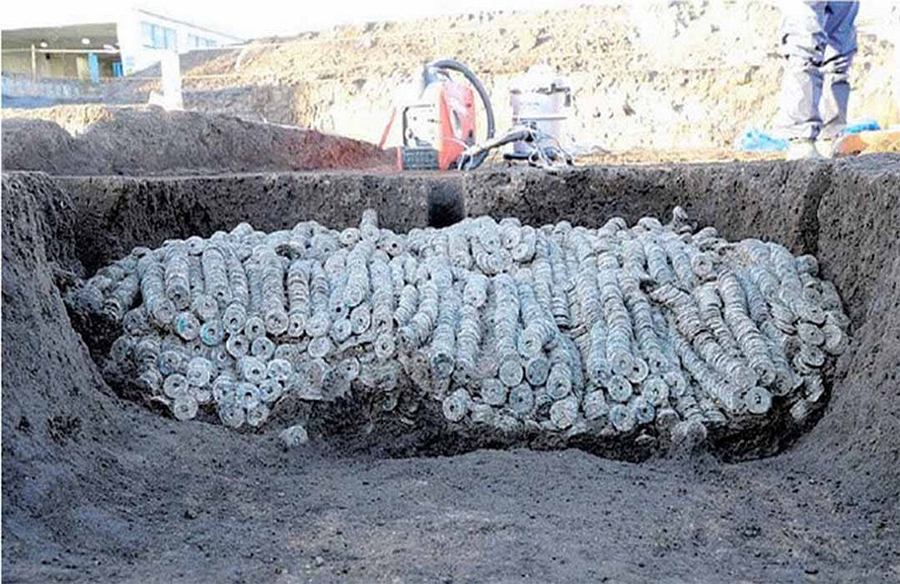Unlocking Untold Stories of Separation and Longing
After more than 250 years of silence, over 100 love letters addressed to French sailors have been unearthed, offering poignant insights into the personal lives of these seafarers and their families. Penned by spouses, fiancées, parents, and siblings, these letters provide a window into the intimate details of 18th-century European society and culture.
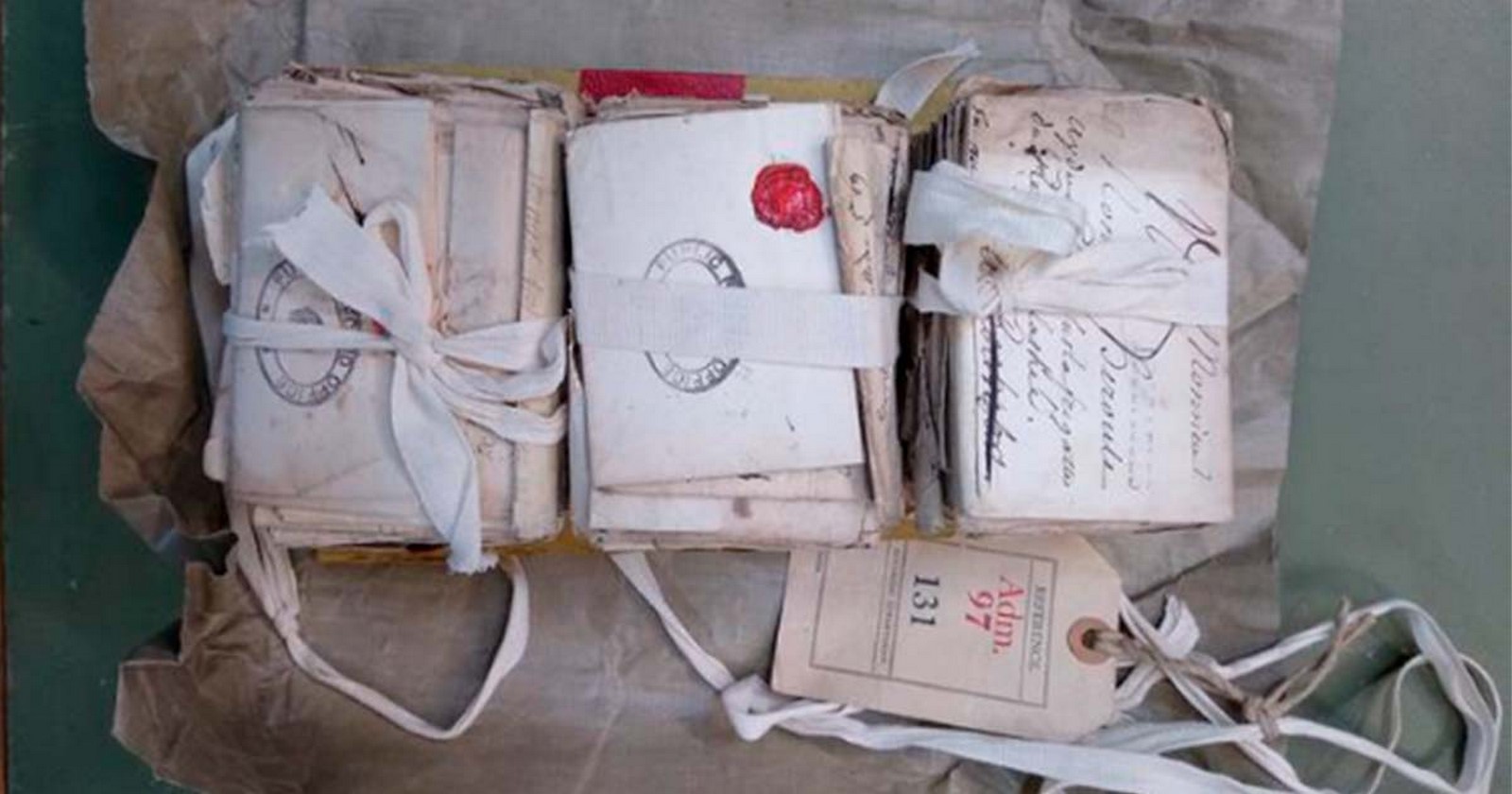
Tragic Circumstances of War
The letters, intended for sailors aboard the French military ship Galatée during the Seven Years’ War, never reached their destinations. Captured by the British Royal Navy in 1758, the Galatée and its crew of 181 men were taken as prisoners of war, leaving the heartfelt messages undelivered.
Forgotten Correspondence Resurfaces
Initially slated for delivery to the imprisoned sailors, the letters languished in storage after British authorities failed to distribute them. It wasn’t until Professor Renaud Morieux of Cambridge University stumbled upon the collection that their contents were revealed. Morieux’s chance discovery led to the painstaking translation and analysis of these long-forgotten missives.
Unveiling Intimate Experiences
Morieux’s meticulous study of the letters unveiled a treasure trove of human experiences, transcending time and culture. Despite the challenges of spelling and grammar, the letters expressed universal emotions of love, longing, and resilience in the face of adversity.
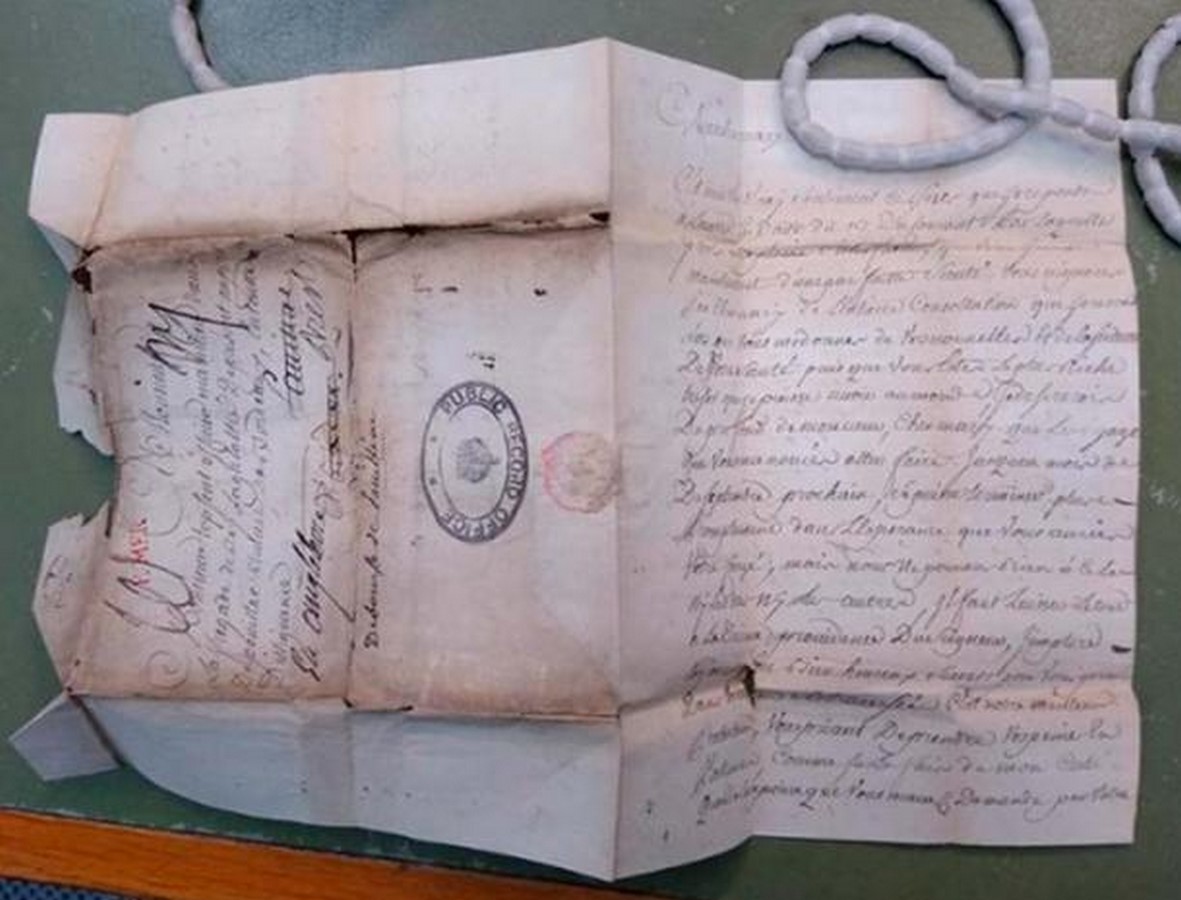
Insights into 18th Century Communication
In an era devoid of instant communication, letters served as lifelines between separated loved ones. Writers poured their hearts into these missives, sharing anecdotes and expressions of affection, making them invaluable resources for historians studying past societies and cultures.
Gender Dynamics in Times of War
Contrary to conventional narratives, the letters highlight the significant role of women during wartime. While men were at sea, women managed households, made crucial decisions, and provided unwavering support to their loved ones, challenging traditional notions of gender roles in times of conflict.
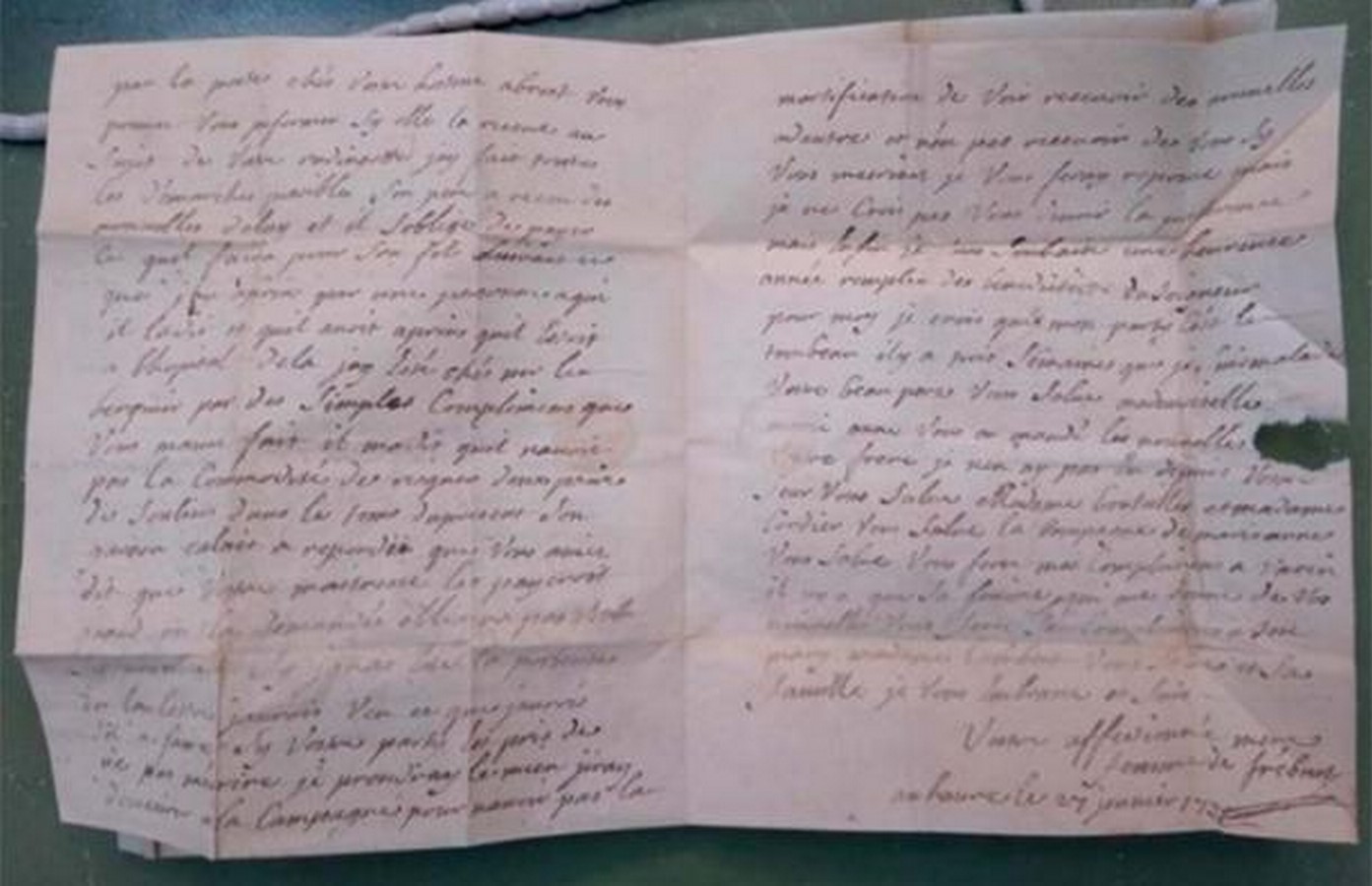
Echoes of Past Lives
Similar to other historical love letters, these artifacts offer poignant glimpses into the lives of individuals navigating love and loss amidst the backdrop of war. From tender expressions of affection to pragmatic discussions of daily life, each letter adds depth to our understanding of 18th-century France.
A Tapestry of 18th Century Life
Morieux’s study paints a vivid picture of life in 18th-century France, revealing the complexities of familial relationships, societal norms, and the enduring impact of warfare on everyday lives. Through these letters, the voices of long-forgotten individuals resound, reminding us of the timeless power of love and human resilience.
